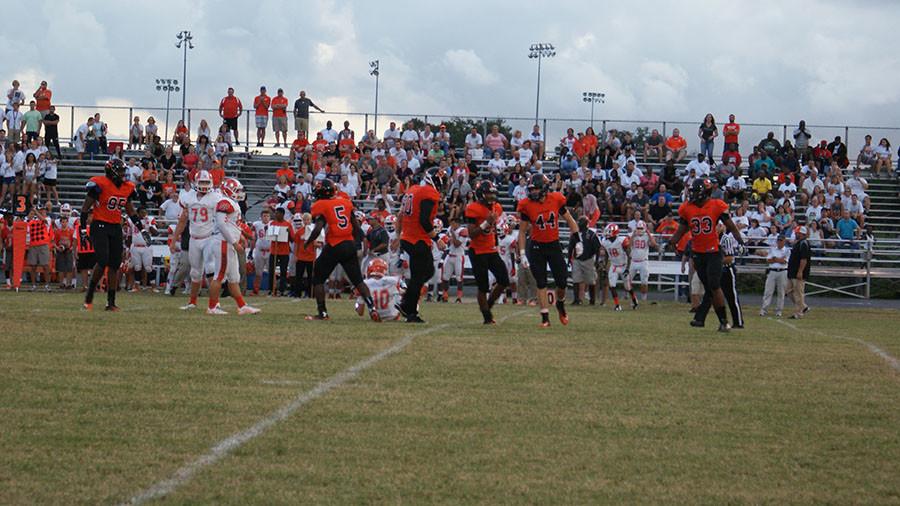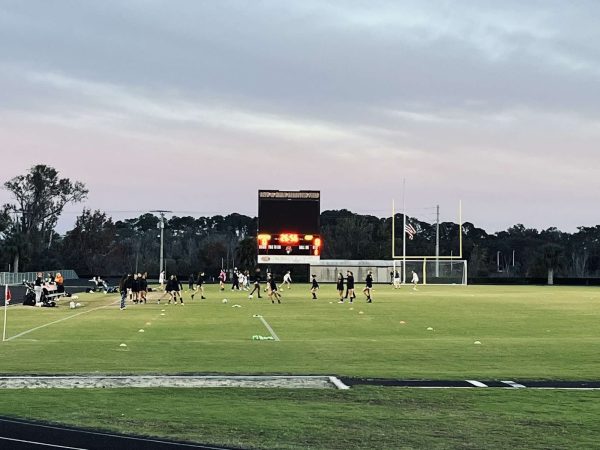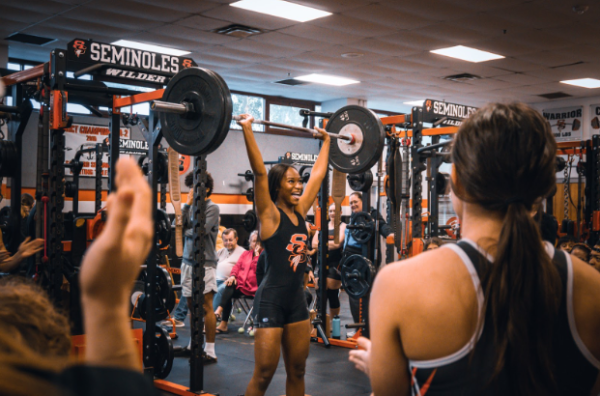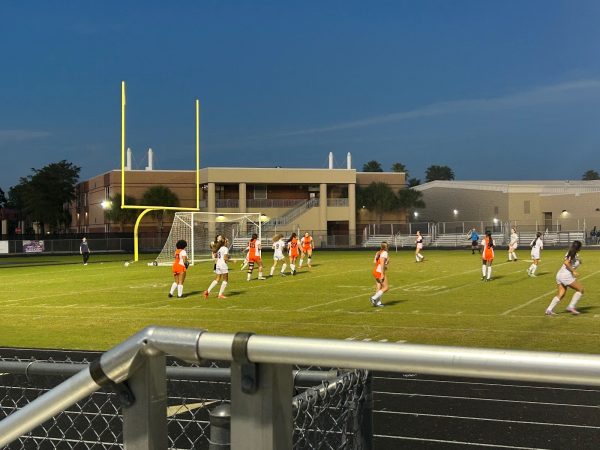DIFFERENT SPORTS REQUIRE DIFFERENT DIETS
October 26, 2015
Different sports target different areas of the body, and athletes must modify their diet and training accordingly.
A beneficial diet for a lacrosse player contains whole grains, cereals, fruits, vegetables, water, and sports drinks. While it’s important for a lacrosse player to eat carbohydrates, one shouldn’t over-consume because lacrosse is more of a sprinting sport, and carbohydrates are better for endurance.
Sophomore Jackson Wise says, “ I change my diet around the time lacrosse starts. I start to make protein shakes with milk and protein powder. I try to eat less carbs like fries or potato chips. I also try to go to bed early. I start going to the gym and work on my arms one day and my legs the next.”
Carbs are also an important component in a football player’s diet. In football, the player needs to stay energized the whole game and the best way to do that is to eat enough carbohydrates. The diet of a football player uses 55-60% of calories to come from carbohydrates, 15% from protein and 30% from fat.
Junior Gabriel Davis, a varsity football player comments, “My coach doesn’t really tell us to go on a diet, but I put myself on one. I don’t do my diet during the season because we condition a lot so it would be a waste. I try to drink two to three gallons of water a day to stay hydrated.”
Basketball focuses on speed and coordination. If not careful a player can lose calories, nutrition and fluids. A player’s diet should be 60-65% carbohydrates, 15-20 should be protein and 20-25% should be fats.
Junior Jaiden Coleman, Junior Varsity Basketball player, says, “ My coach doesn’t put us on a diet, but I try not to eat any junk food because I know it’s bad. I try to work out more during the season, I try to work on my lower body strength and I try to get more sleep.”
Swim:
Swim focuses on the whole body. It works the swimmer’s legs, arms, torso, and hip muscles. Carbohydrates are necessary for keeping the energy of the swimmers up.
Junior Samantha Reno says, “The only special diet we have is a spaghetti dinner the night before the conference meet, so we load up on carbs, which will help with our energy. We are also told to drink a lot of water. I normally have a very unhealthy diet, but during the swim season I tend to eat more fruits, or have a healthier lunch the day of a meet.”
A healthy diet and efficient lifestyle is necessary to be successful in every sport. The food athletes eat transforms into calories that turn into energy. This energy is needed to fuel their performance and make the athlete the best they can be.


































